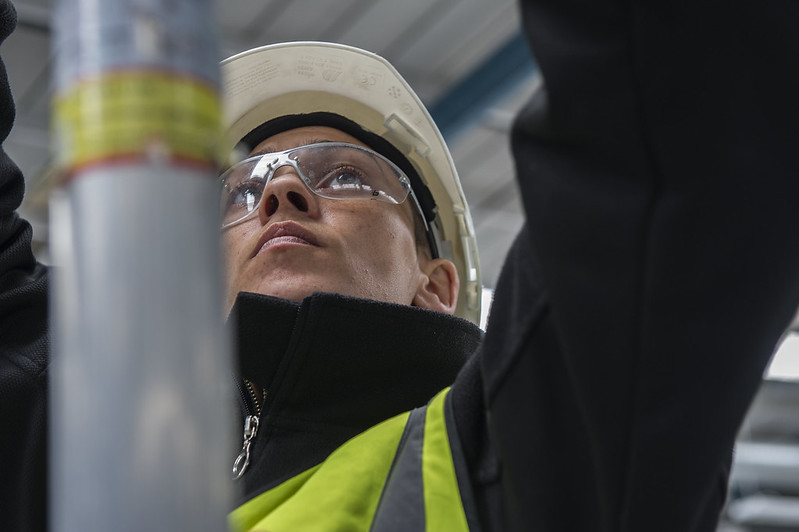COVID-19 changing the minds of young people in the UK regarding further education

The Covid-19 pandemic has changed many things, including young people’s aspirations.
According to a new survey, more than a third of 16- to 21-year-olds are less likely to choose a university education than they were before Covid-19.
At the same time, 42% of young people say they are now more likely to consider on the job learning such as an apprenticeship.
The old assumption that bright and ambitious pupils went on to university has been challenged by the rise in autodidacticism and collapse of the university experience, it seems.
House-builder Redrow runs an annual survey on attitudes toward apprenticeships and careers in construction. This year’s is particularly interesting. It reveals that more than a third (37%) of young people surveyed say that the pandemic has decreased the likelihood of them choosing university in the future.
Now in its fifth year, Redrow’s report analyses the barriers to entry-level recruitment into the construction and the house-building sector, as well as Redrow’s recommendations to overcome these. Redrow once again canvassed 2,000 parents and young people, as well as more than 100 of its apprentices, and benchmarked the findings against previous years. This year, amidst the global coronavirus pandemic, Redrow also investigated the impact coronavirus has had on plans to embark on further education.
The results reveal that 36% of young people are concerned about their job prospects since the onset of the pandemic, and routes that combine working and education have a greater appeal, with 42% of respondents more likely to pursue on the job learning such as an apprenticeship. This was felt most significantly among young adults in London where 57% of respondents reported being more likely to pursue on the job learning.
Redrow says this changing landscape makes it a good time to bring in new ways to attract young people into apprenticeships.
